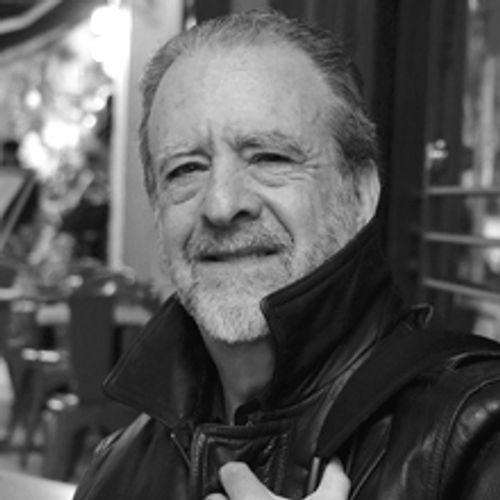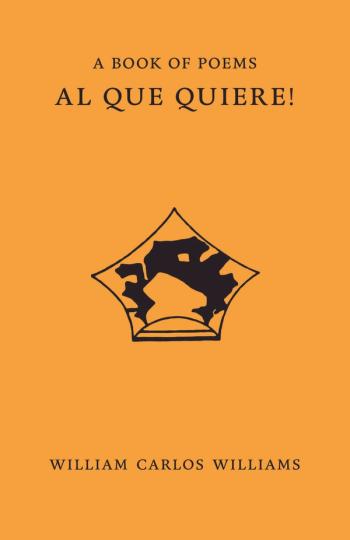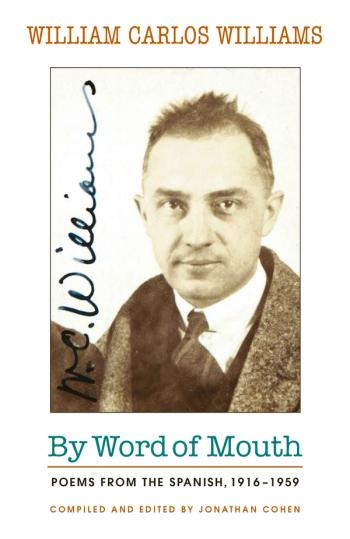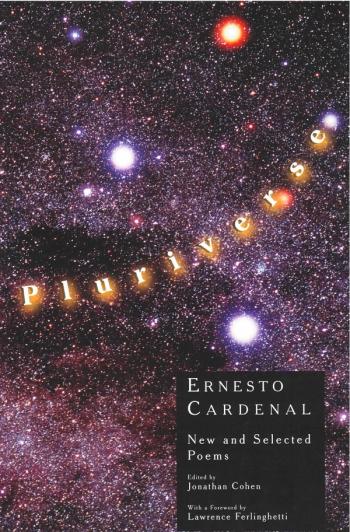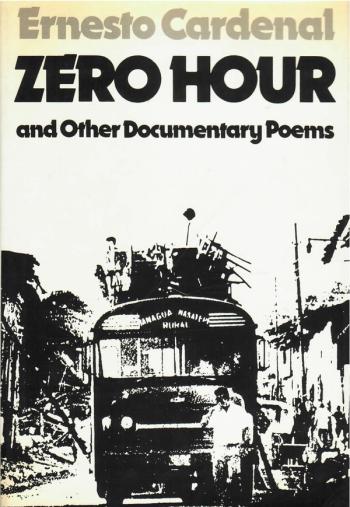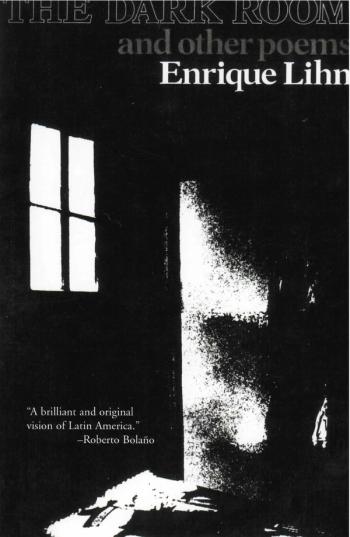As editor
As translator
Jonathan Cohen
Jonathan Cohen is an award-winning translator of Latin American poetry and scholar of inter-American literature. He has translated Ernesto Cardenal, Enrique Lihn, Pedro Mir, and Roque Dalton, among others. His own poems and essays have appeared widely. He is the author of pioneering critical works on Pablo Neruda and Muna Lee. His compilation of William Carlos Williams’s translations of Spanish-language poetry contributes a new dimension to the poet’s canon:
“Our notion of Williams’s work in ’the American idiom’ should be forever broadened and changed because of By Word of Mouth.”
—Peter Schmidt, _William Carlos Williams Review
